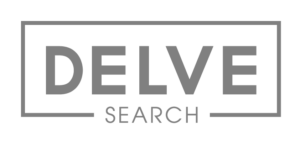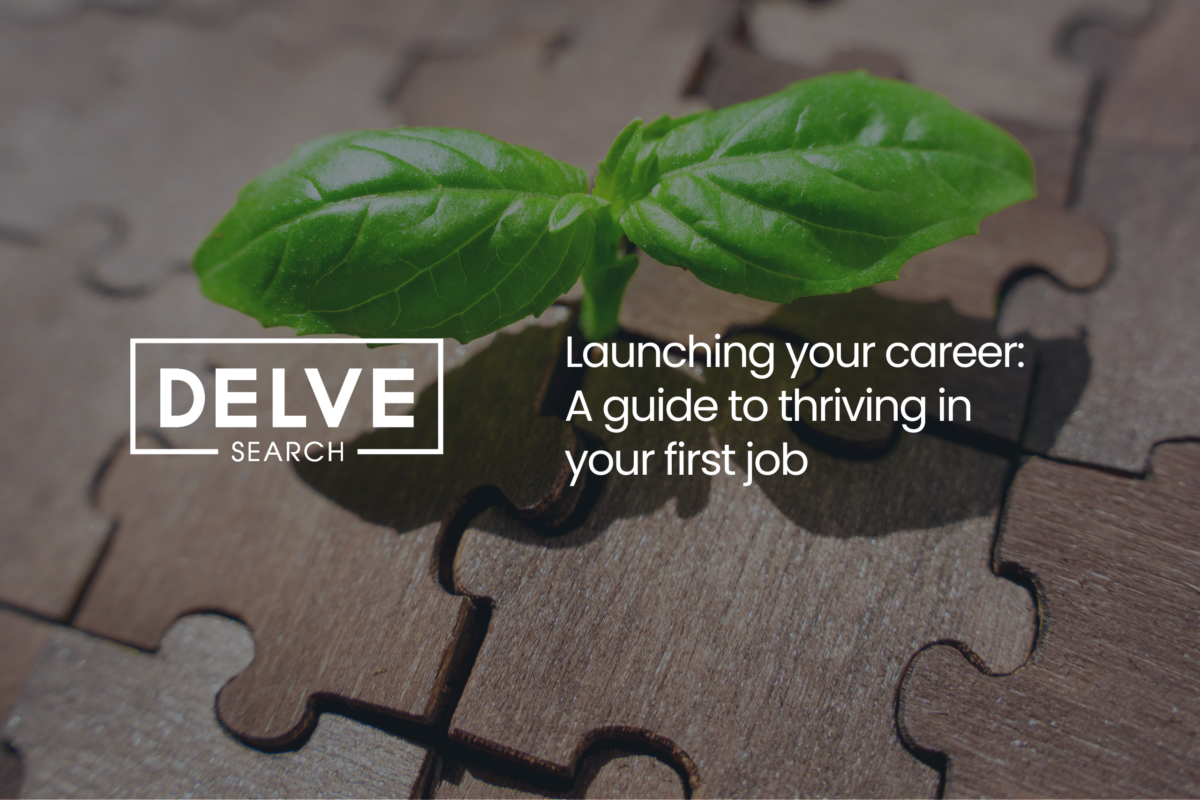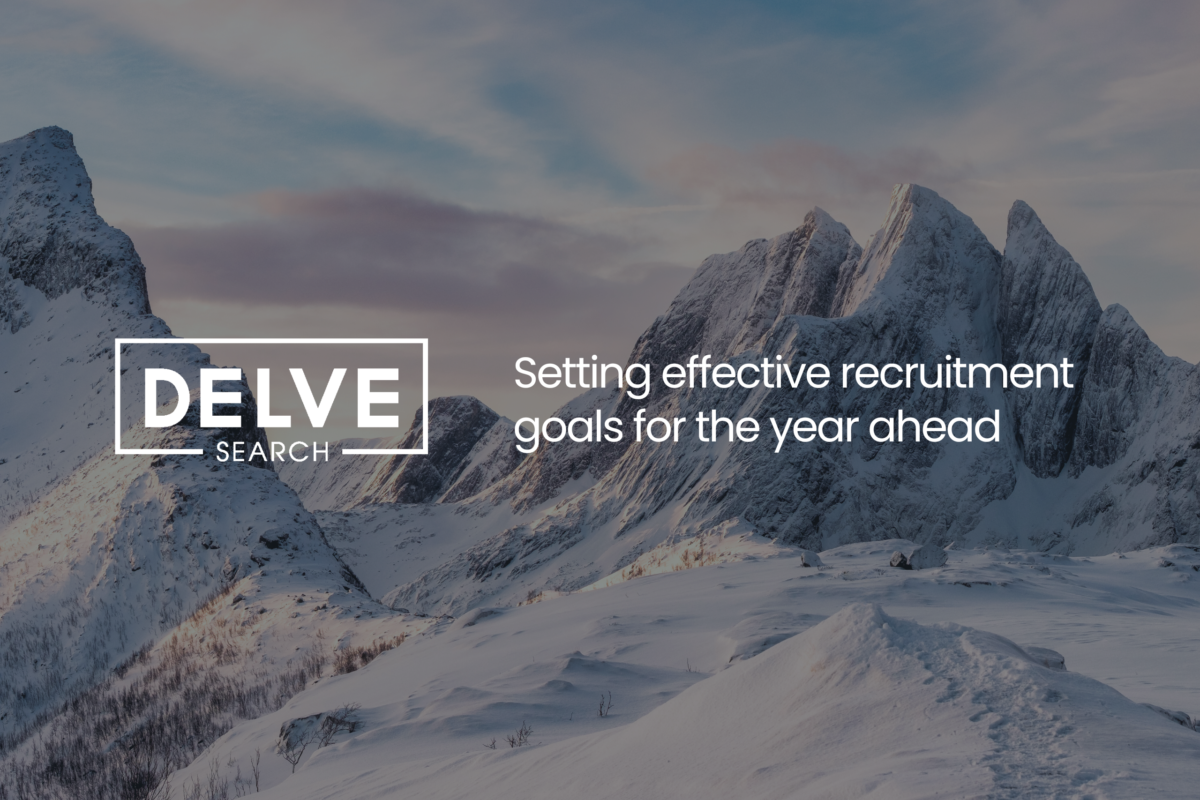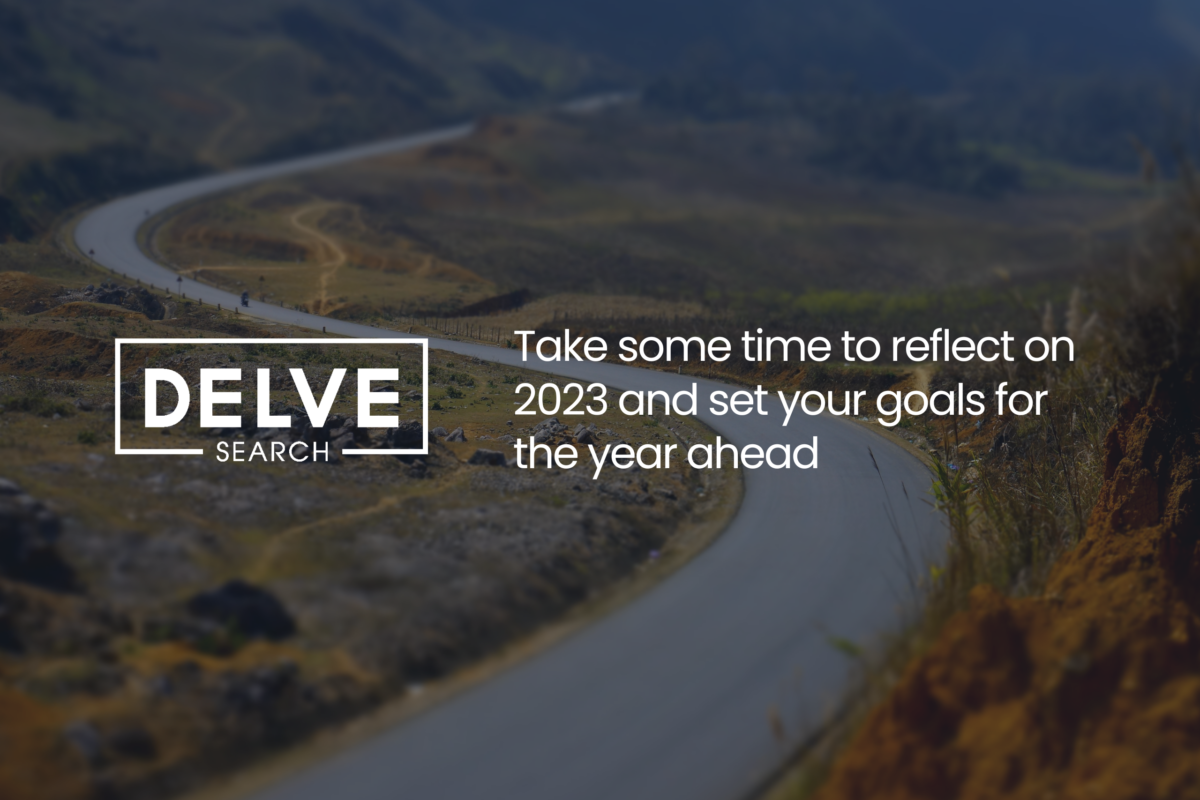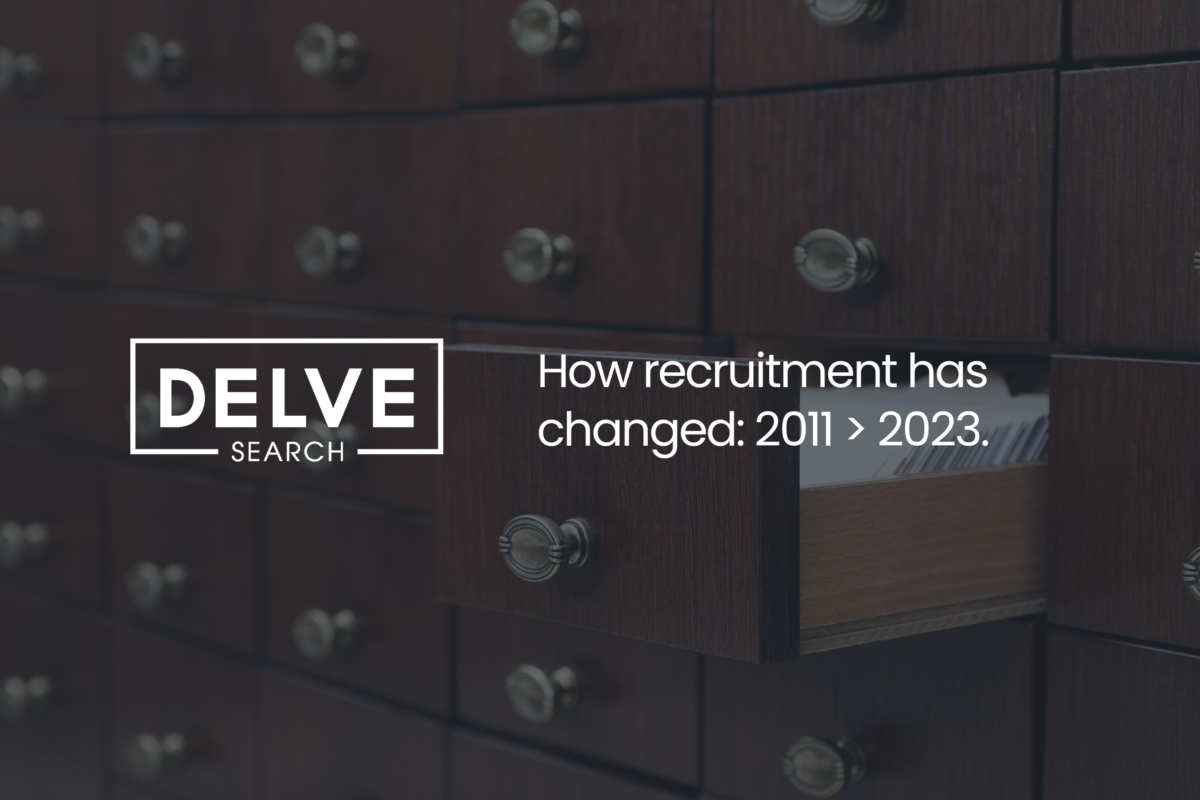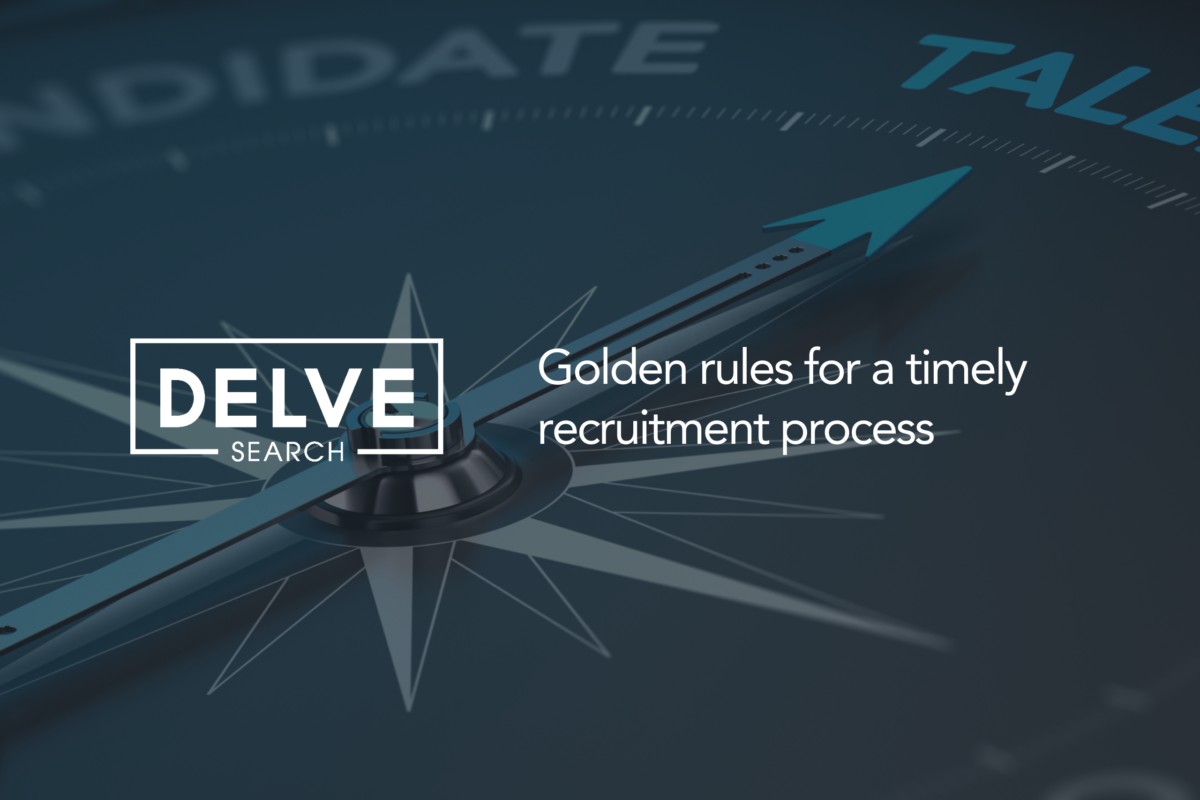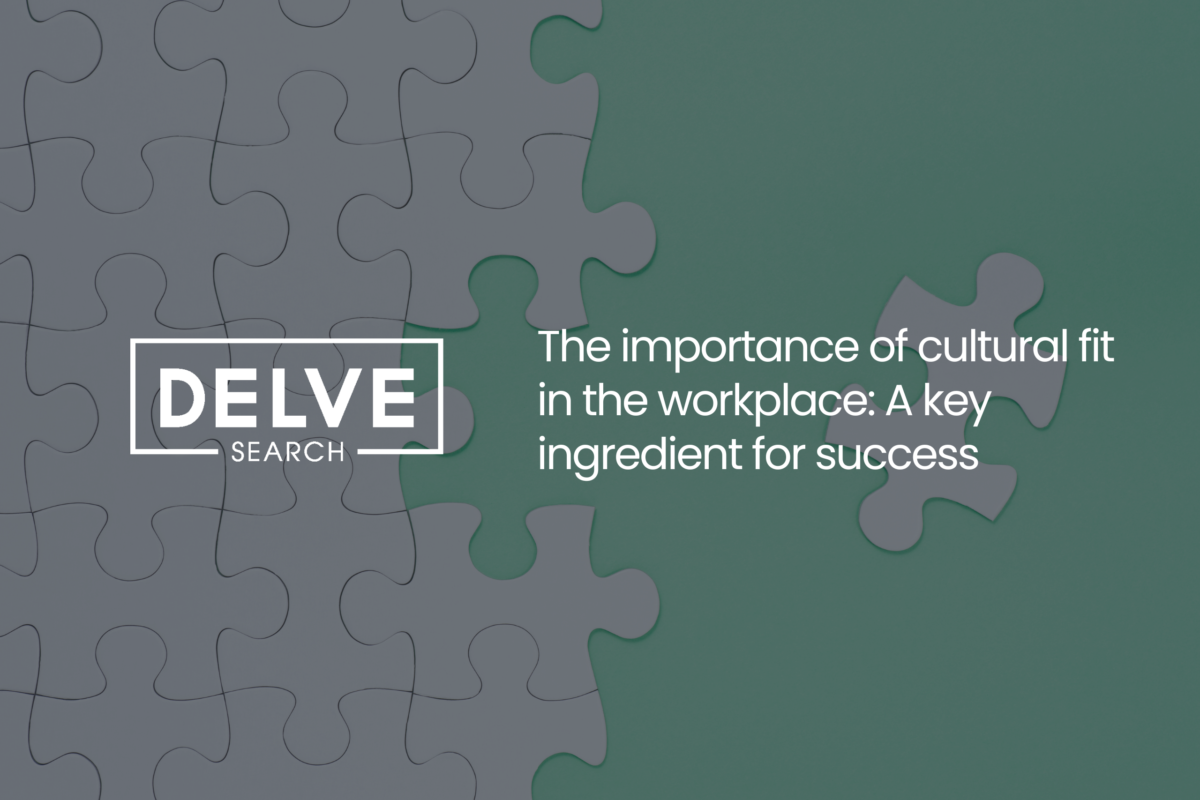
Launching your career: A guide to thriving in your first job
By Wil Evans, Associate Search Consultant
As the calendar flips to a new year, I find myself standing at the threshold of an exciting journey—my very first job. The transition from student life to the professional world is both thrilling and nerve-wracking but armed with enthusiasm and a sprinkle of nervous energy, I’m ready to embark on this new career adventure.
In this blog, I’ll share some insights and tips from the perspective of someone who’s just secured their first job.
1. Celebrate your achievements – Getting your first job is a significant accomplishment! Take a moment to celebrate your hard work, dedication, and the skills that landed you this opportunity. Whether it’s a small treat, a celebration with friends, or a moment of self-reflection, acknowledge and savour this milestone.
2. Embrace a learning mindset – Starting a new job means entering a world of new experiences and challenges. Embrace a learning mindset—be open to soaking in knowledge, asking questions, and seeking guidance. Recognise that there’s a learning curve, and every task, no matter how small, contributes to your growth.
3. Build relationships – Colleagues are more than just co-workers—they’re potential mentors, friends, and collaborators. Take the time to get to know your team, attend team events, and participate in workplace activities. Building positive relationships not only makes the work environment enjoyable but can also open doors for learning opportunities.
4. Seek feedback – Feedback is a valuable tool for personal and professional development. Don’t hesitate to ask for feedback on your performance and use it as a tool to improve. Constructive criticism is a stepping stone to success, and it shows your dedication to continuous improvement.
5. Time management – Balancing work tasks, deadlines, and personal life is a skill worth honing. Develop effective time management habits early on. Prioritise tasks, set realistic goals, and create a schedule that allows you to deliver quality work while maintaining a healthy work-life balance.
6. Stay curious – In the dynamic world of work, staying curious is key. Take the initiative to learn about different aspects of the organisation, industry trends, and the broader context of your role. A curious mindset not only fuels personal growth but can also make you an asset to your team.
7. Adaptability – Flexibility is a superpower in the professional realm. Be prepared to adapt to changes, learn new tools or methodologies, and embrace challenges with a positive attitude. The ability to adapt not only makes you resilient but also showcases your versatility as a professional.
Embarking on my first job journey feels like stepping into a world of endless possibilities. By celebrating achievements, embracing a learning mindset, building relationships, seeking feedback, mastering time management, staying curious, and cultivating adaptability, I aim to make the most of this exciting chapter.
To all fellow newcomers to the workforce, here’s to a year filled with growth, learning, and countless moments of success in our professional endeavours!
Wil works as a Associate Search Consultant and is focused on partnering exclusively with start-up or early-stage organisations, working with them as a trusted partner to help define and deploy structured hiring strategies across Europe and the US.
Get in touch to find out how Wil can support you with your next hire:
Email: [email protected]
LinkedIn: Wil Evans
Share This Blog
Recent Articles
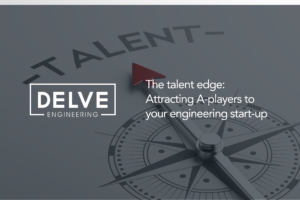
The Talent Edge: Attracting A-Players to Your Engineering Start-up

Dresden’s rise: TSMC semiconductor factory and its impact on job market attractiveness

5 Opportunities beyond research in Life Sciences

Benefits of attending Advanced Engineering trade shows
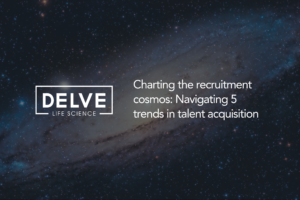
The recruitment cosmos: Navigating 5 trends in talent acquisition

